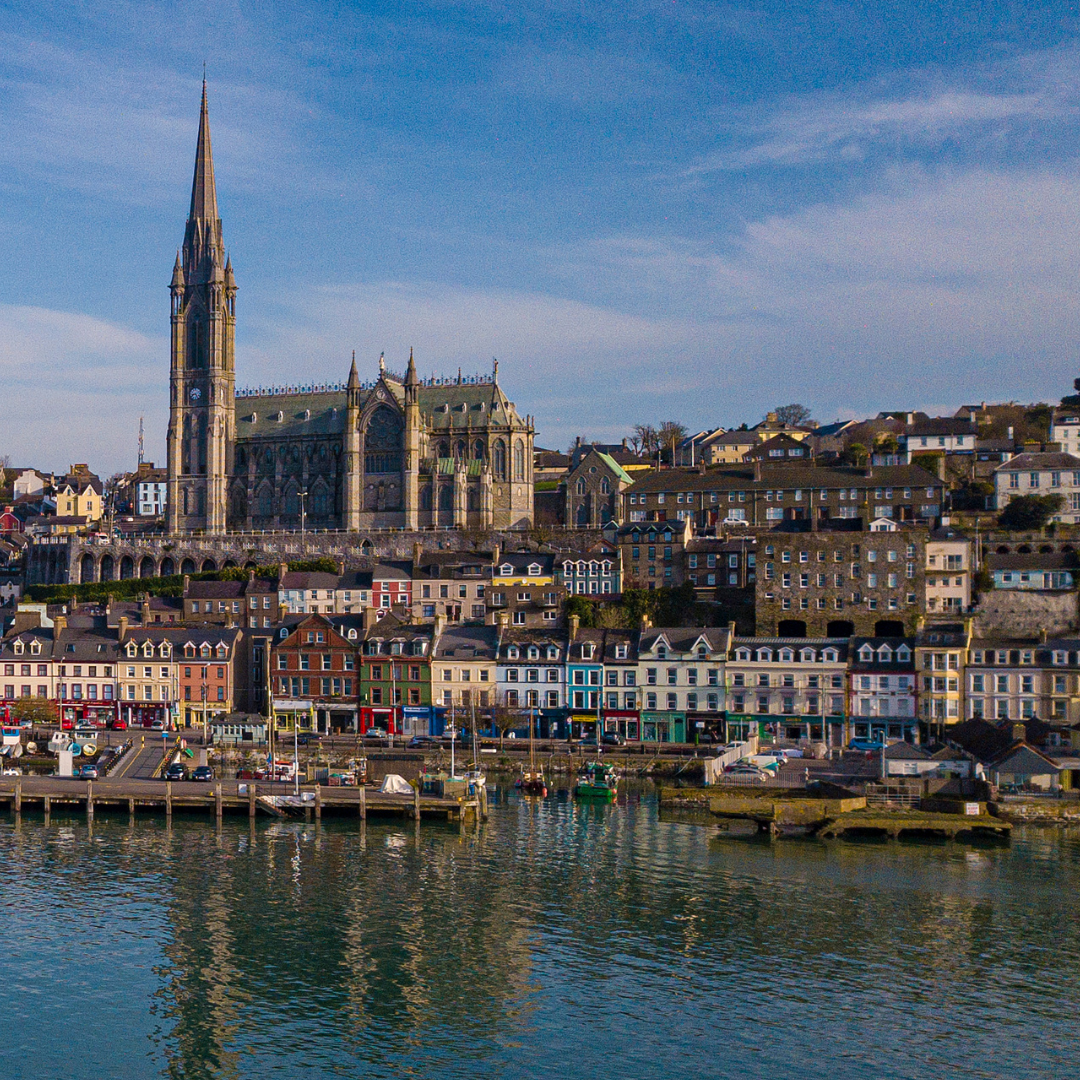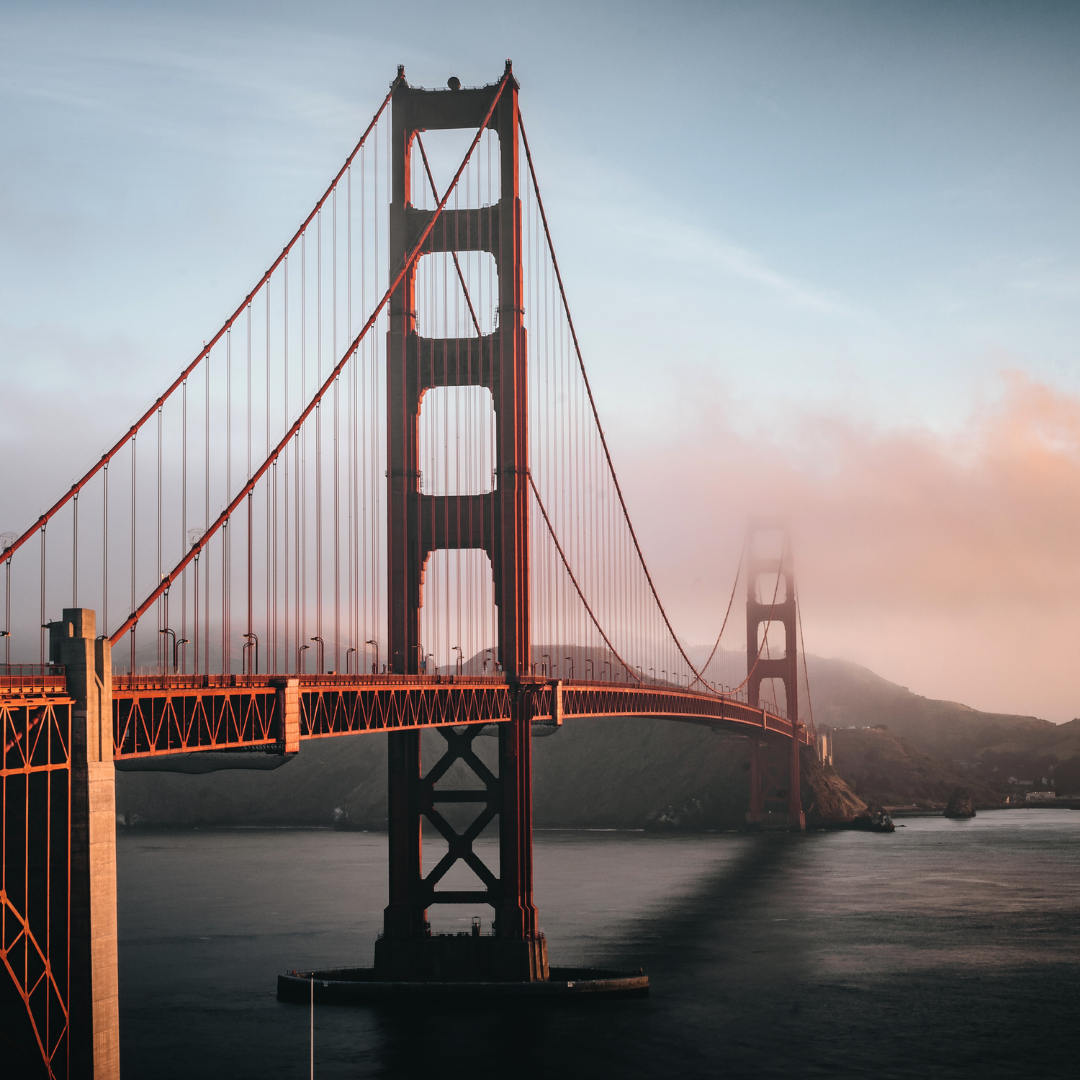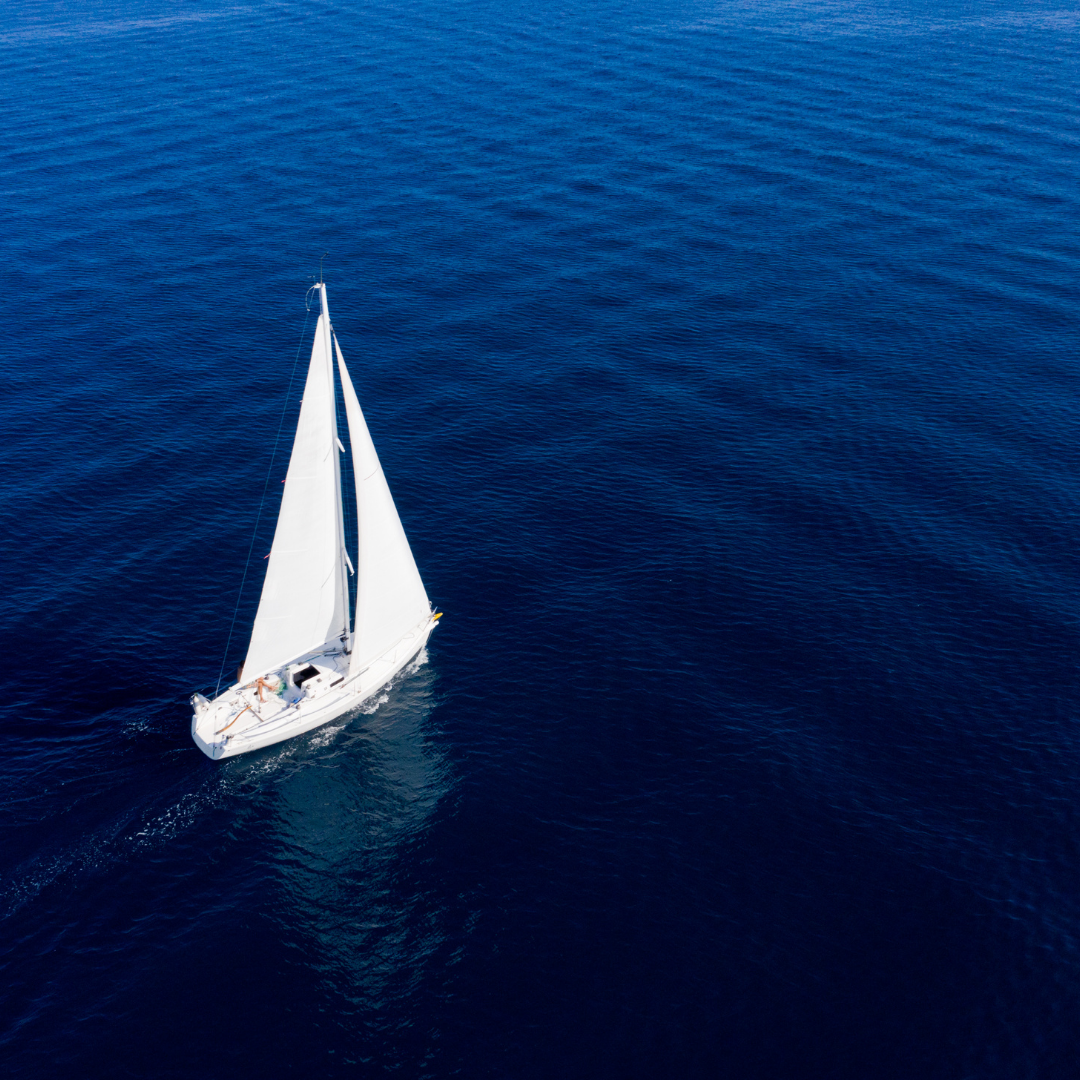The Maritime Heritage of Cork: From Cobh’s Titanic Connections to Kinsale’s Seafaring History

Nestled in Ireland’s southwest corner, Cork’s deep maritime roots have intertwined with the ebb and flow of the Atlantic for centuries. From legendary sea battles to epoch-defining voyages, the county’s coastal towns and harbors have witnessed pivotal moments in maritime history. Cork’s seafaring legacy is not only about ships and battles but also about the people, their tales, and the enduring bond they share with the ocean. Dive deep into this maritime tapestry, where each thread unravels a story both epic and intimate.
Cobh: The Titanic’s Last Port of Call:
Cobh, formerly known as Queenstown, holds a poignant place in maritime history as the Titanic’s last port of call before its ill-fated voyage. The town’s heritage center and Titanic Experience offer immersive insights into the lives of the 123 passengers who boarded the ship here. Cobh’s streets, piers, and buildings resonate with tales of hope, dreams, and the fateful day when the “unsinkable” ship departed its shores, never to return.
Kinsale: A Harbor Steeped in Maritime Legends:
Kinsale’s natural harbor has been a focal point of naval strategies, explorations, and trade routes. The town witnessed the iconic 1601 Battle of Kinsale, a turning point in Irish history. Walking its cobbled streets, one can encounter tales of pirates, adventurers, and merchants who once called this harbor town their home. The remains of James Fort and Charles Fort stand as silent witnesses to Kinsale’s strategic importance in the annals of naval warfare.
The Sea Battles of Baltimore and Roaringwater Bay:
Baltimore and the wider Roaringwater Bay area have been theaters of maritime conflict and intrigue. The 1631 Sack of Baltimore, where Algerian pirates captured and enslaved locals, remains one of the most dramatic events. These waters have seen both conflict and collaboration, and the remnants of forts, watchtowers, and ancient harbors narrate tales of bravery, betrayal, and resilience.
Spike Island’s Fortified History:
Strategically located within Cork Harbor, Spike Island, often referred to as ‘Ireland’s Alcatraz’, boasts a riveting naval and military past. The star-shaped Fort Mitchel on the island stands as a relic of British imperial defense strategies. Beyond its military significance, Spike Island’s history as a prison and place of exile adds layers of complexity to its maritime narrative.
The Yachting Tradition of Crosshaven:
Crosshaven’s deep waters and favorable winds have made it a haven for yachting enthusiasts. Home to the Royal Cork Yacht Club, the world’s oldest yacht club founded in 1720, Crosshaven has been at the forefront of yachting innovation and competition. The biennial Cork Week regatta showcases the town’s enduring passion for sailing, drawing enthusiasts from around the globe.
Maritime Museums and Memories:
Cork’s maritime heritage is preserved and celebrated in its many museums. From the Titanic Experience in Cobh to the Maritime and Heritage Museum in Kinsale, these institutions capture the county’s seafaring spirit. Artifacts, interactive exhibits, and personal narratives bring to life the adventures, tragedies, and daily lives of those who’ve shaped Cork’s maritime legacy.
Youghal: A Coastal Town with a Rich Sea-Faring Past:
Youghal, with its strategic position on the Cork coast, has been a hub of maritime activity since medieval times. The town’s Clock Gate Tower, historic walls, and the 13th-century St. Mary’s Collegiate Church tell tales of traders, fishermen, and explorers who’ve passed through its gates. The annual Youghal Maritime Festival celebrates this legacy, combining history with modern-day maritime festivities.
Cork’s maritime heritage is as vast and deep as the Atlantic waters that caress its shores. It’s a story of resilience, exploration, conflict, and community. Each harbor, shipwreck, fort, and festival adds a chapter to this epic tale. As the waves continue to lap against Cork’s coast, they carry with them memories of the past and hopes for the future. For in Cork, the sea is not just a body of water; it’s the lifeblood of a legacy that has shaped, and continues to shape, the destinies of its people.


